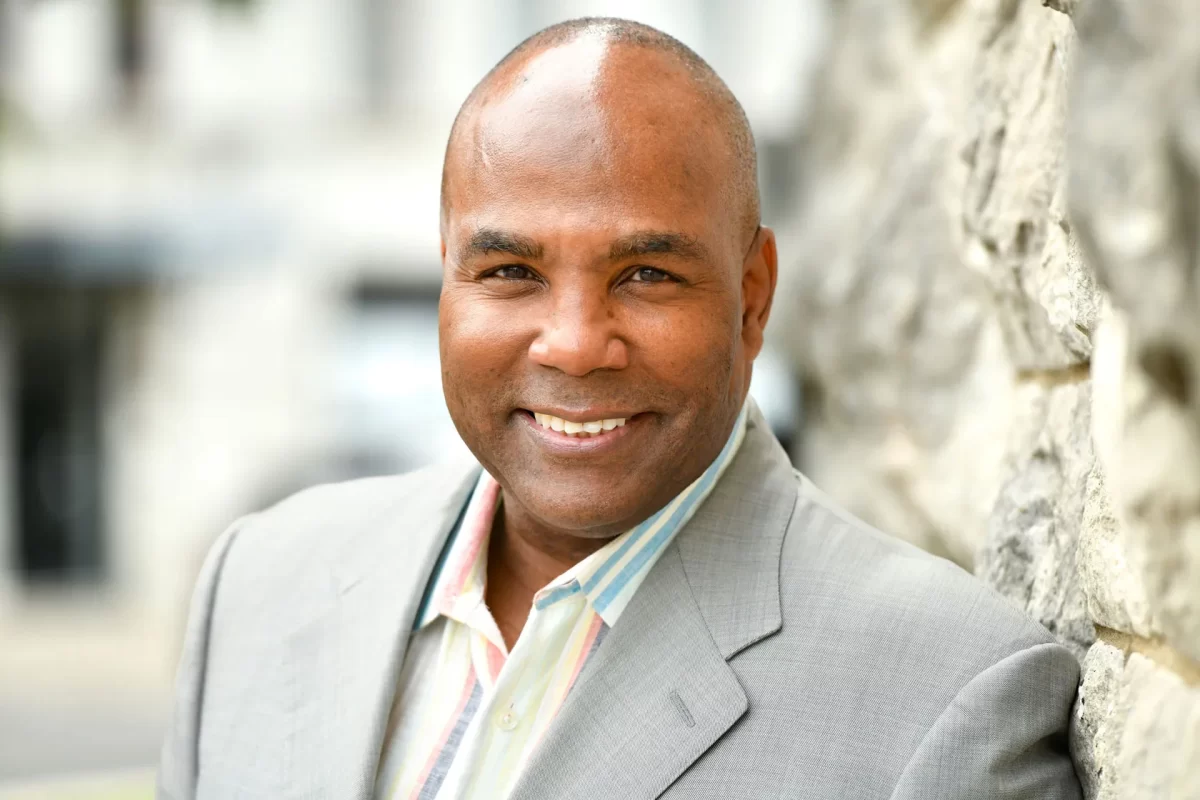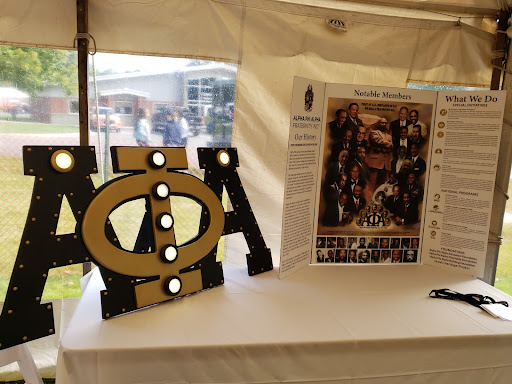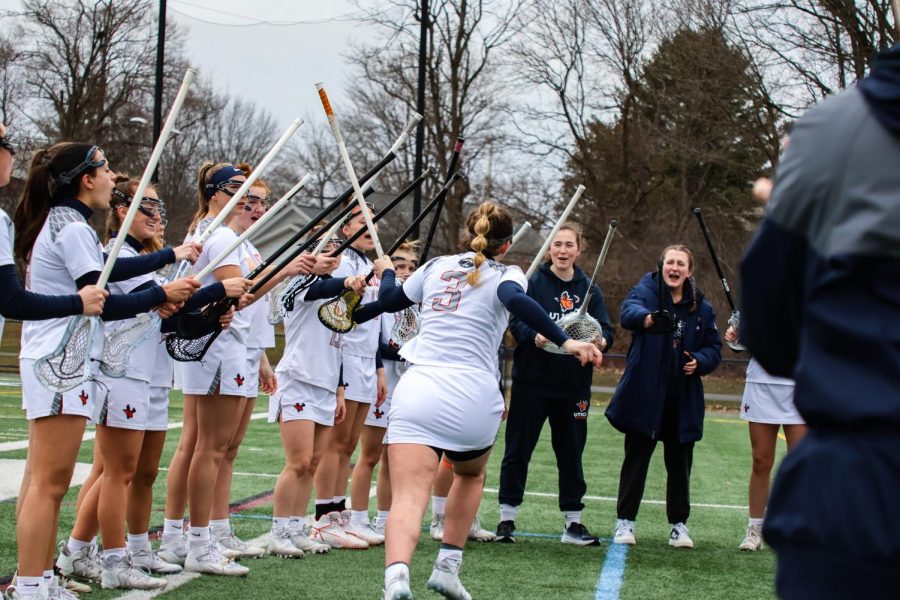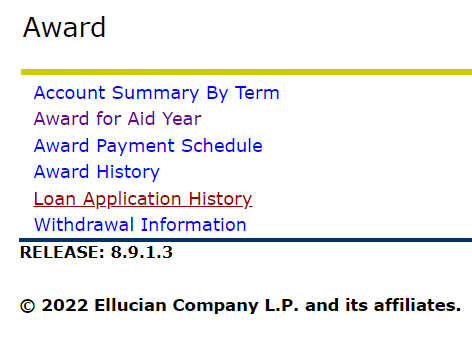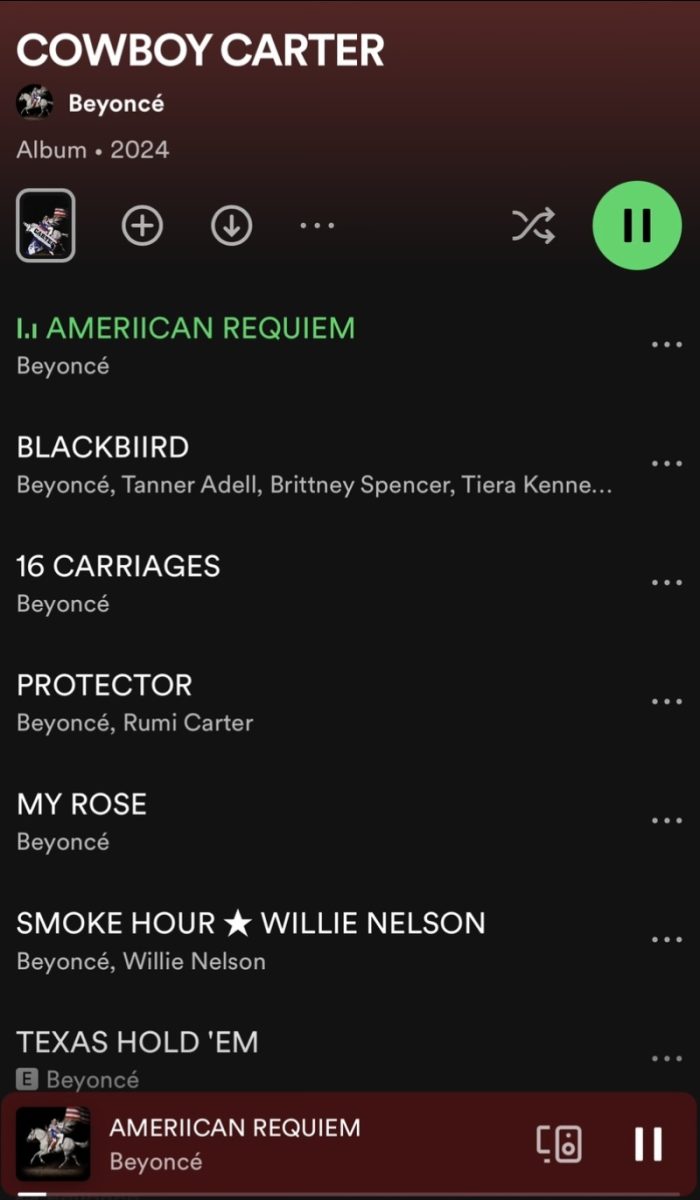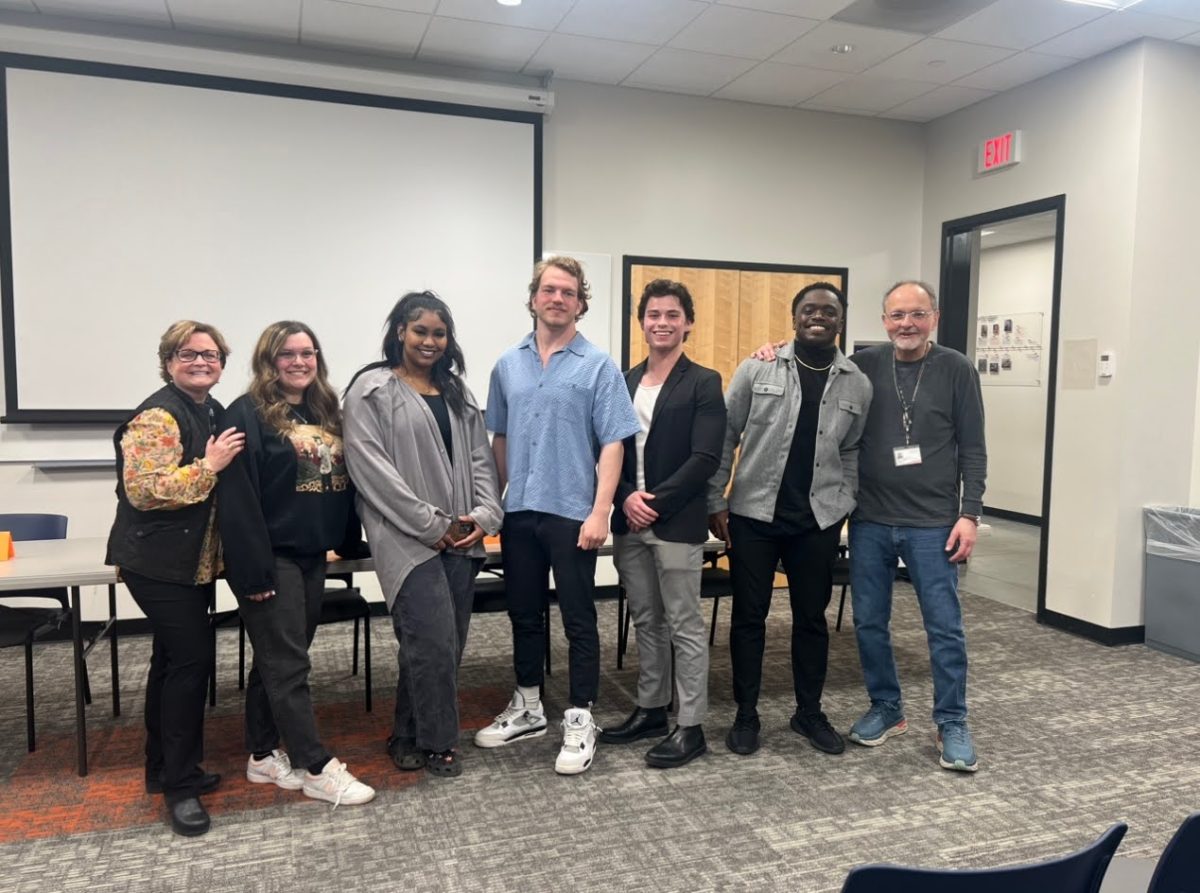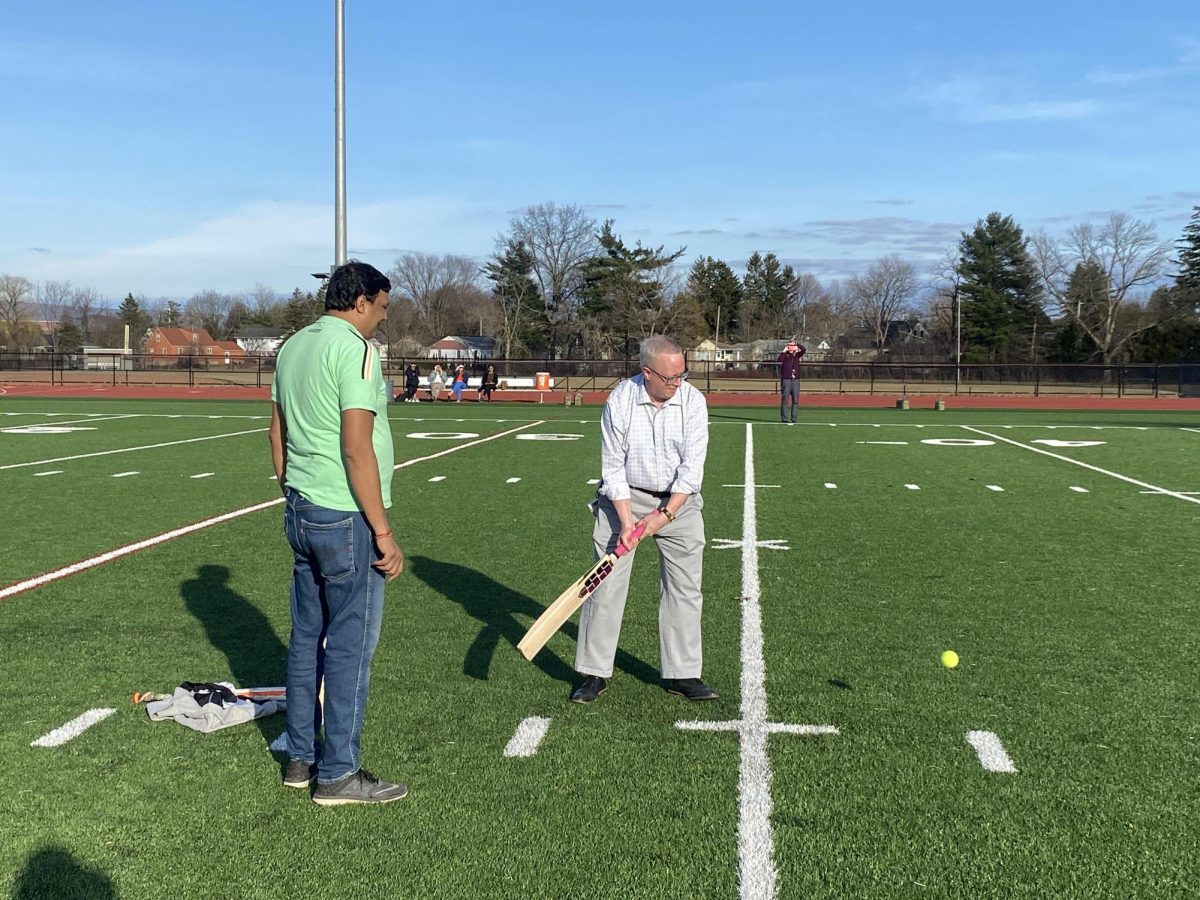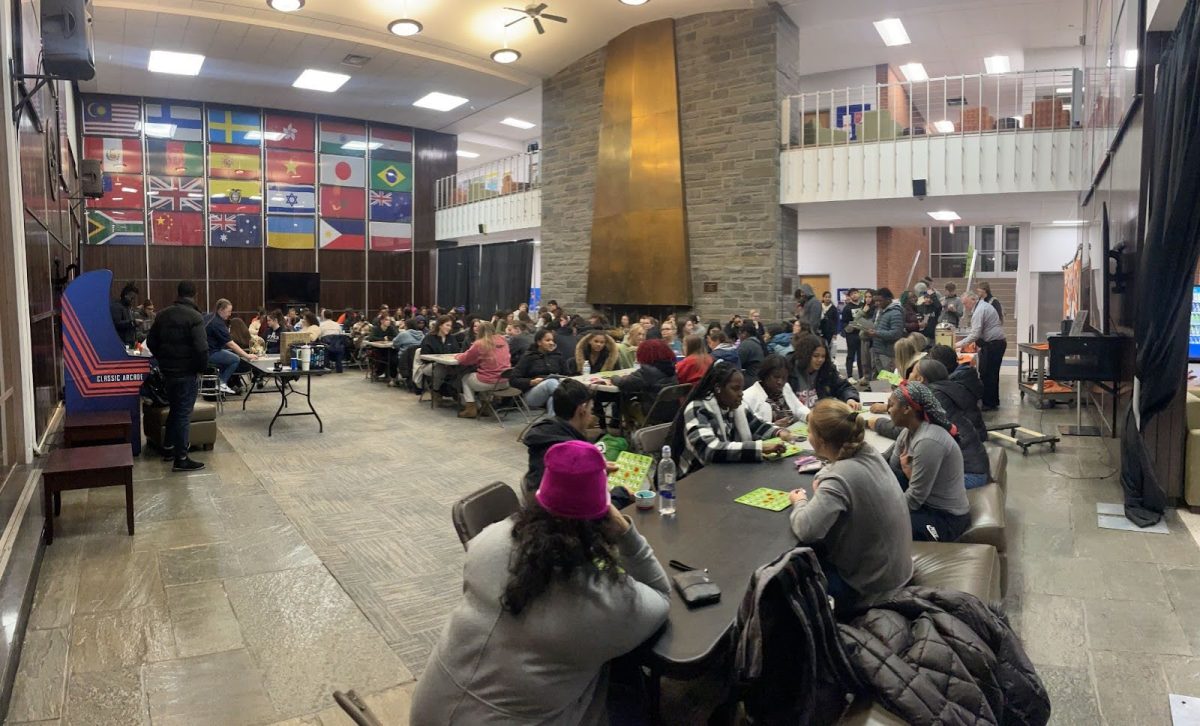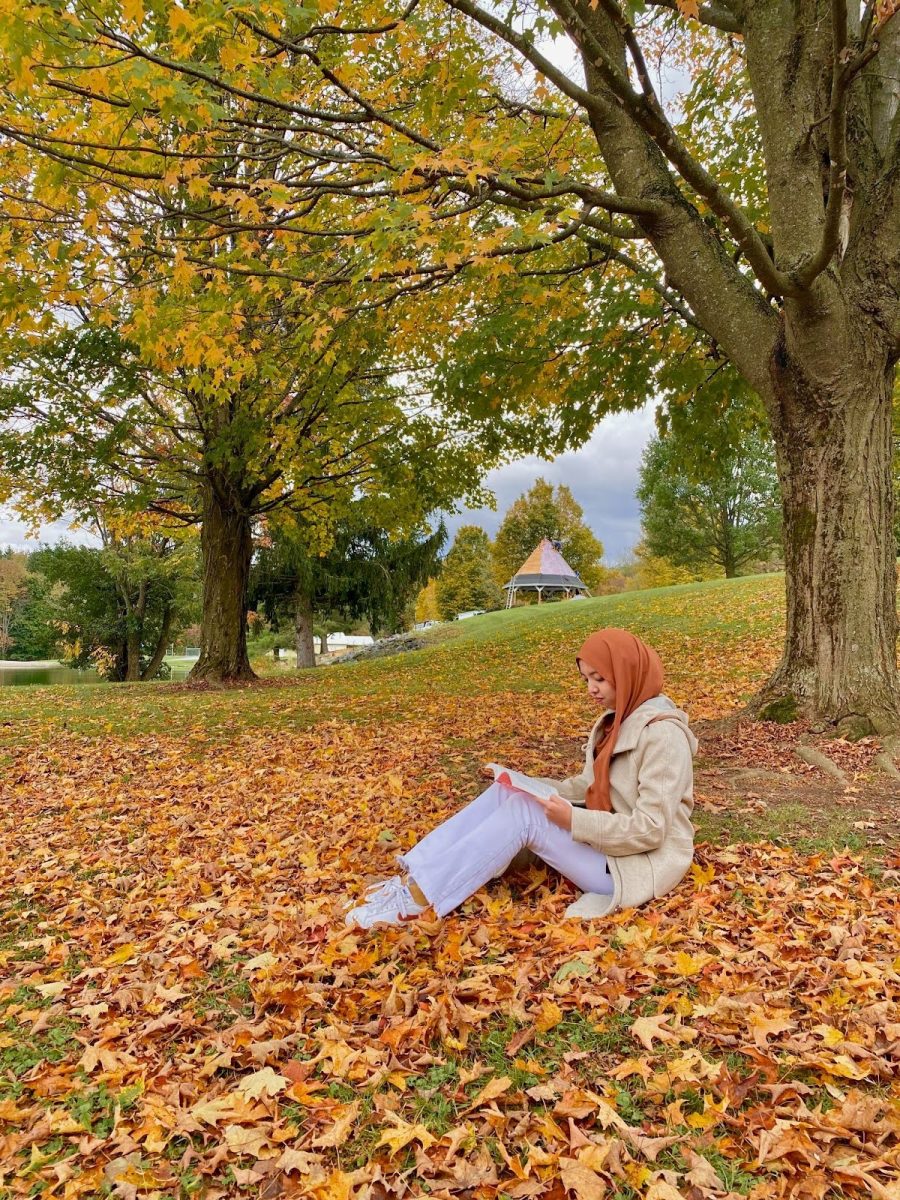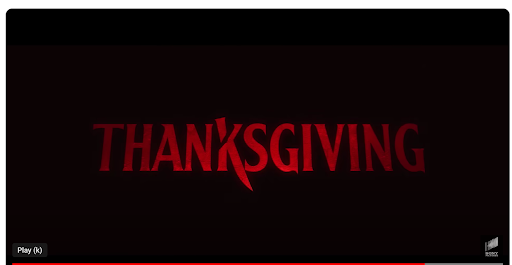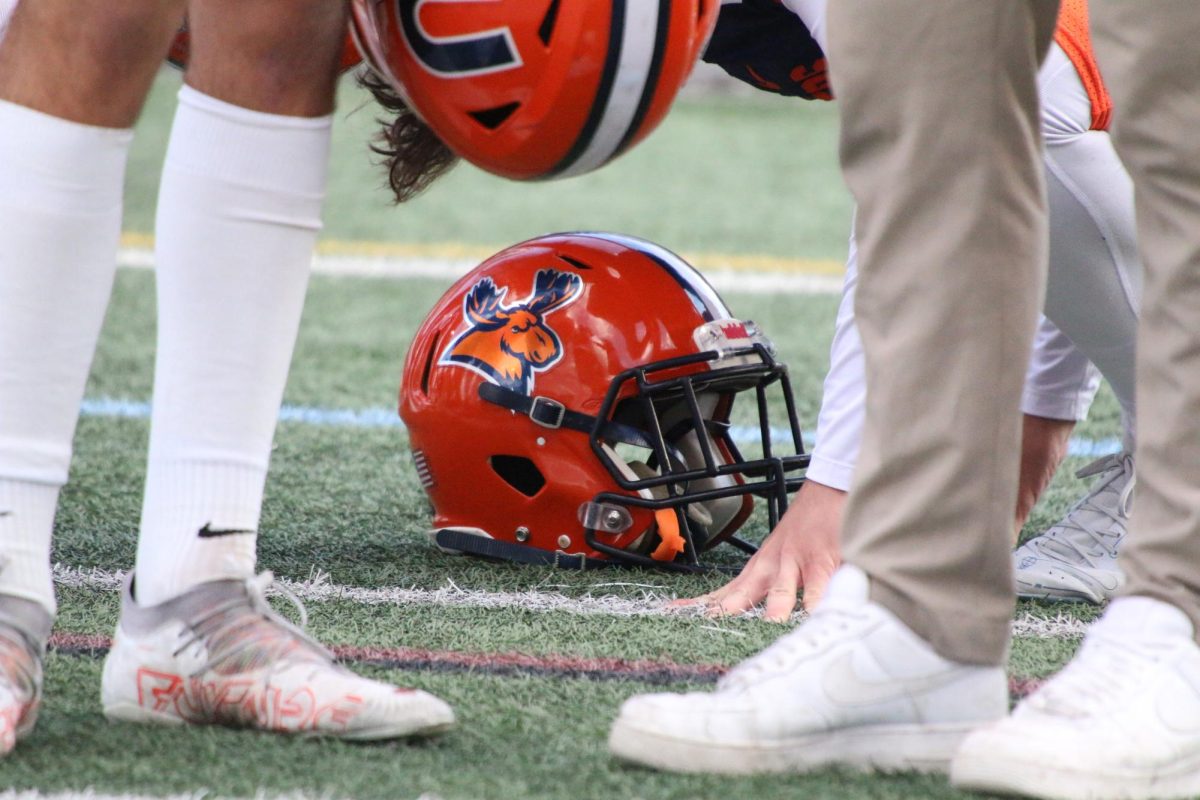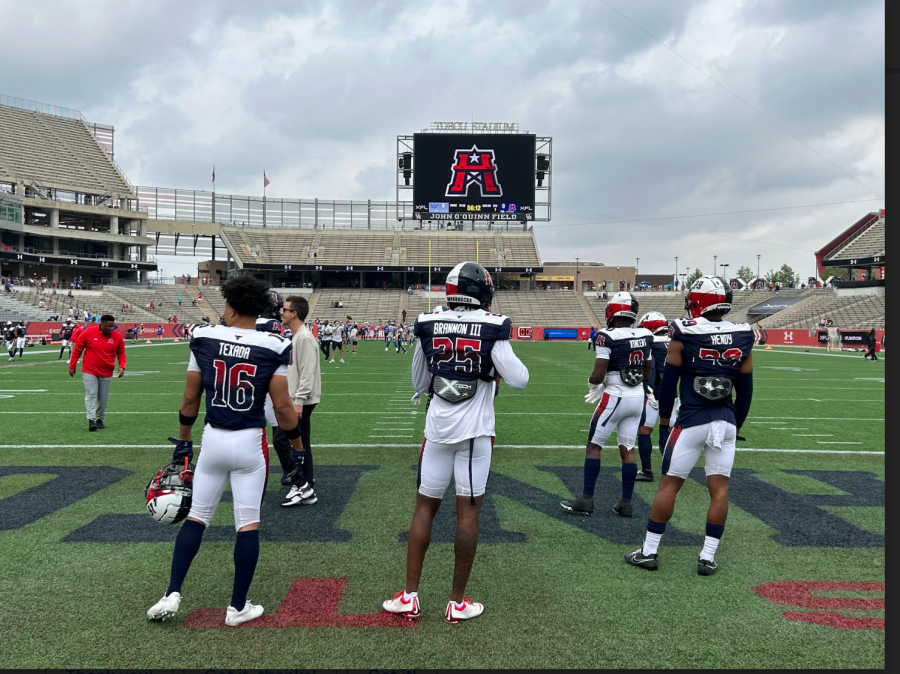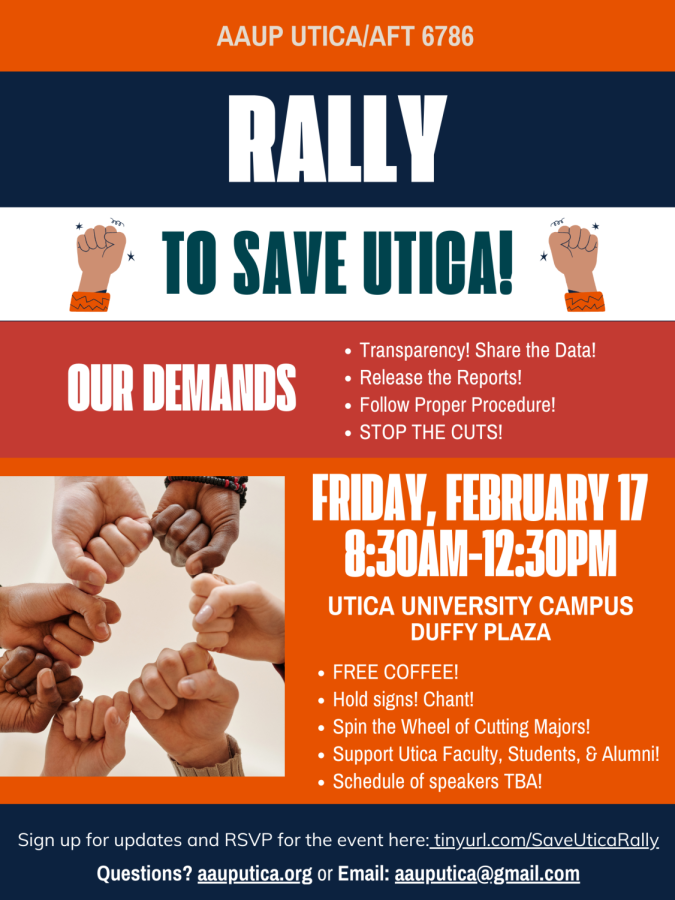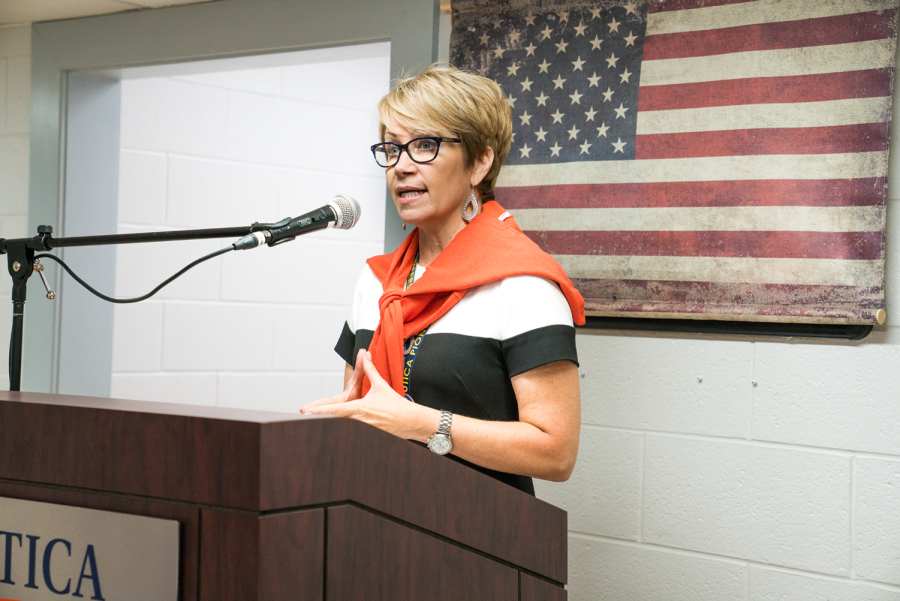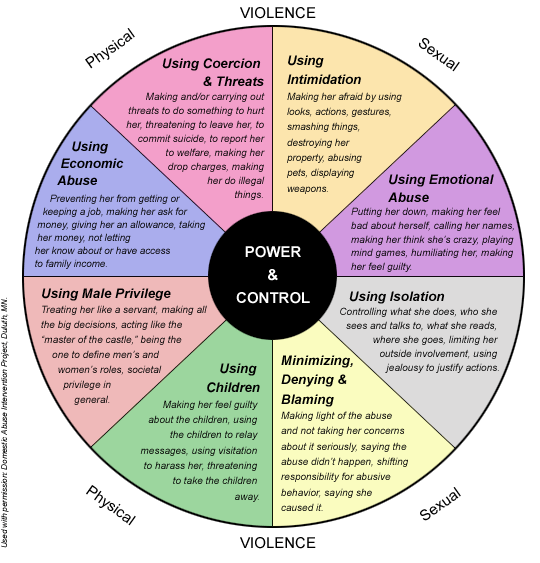Samuel Northrup, Editor-in-Chief
October is Domestic Violence Awareness Month. In order to increase awareness and answer any questions readers may have about domestic or intimate partner violence, The Tangerine spoke with Alison Franklin, a licensed clinical social worker, and director of Student Counseling Services at Utica College. If you or someone you know is a victim of domestic violence, please seek help by calling the Counseling Center at (315) 792-3094 or call Campus Safety at (315) 792-3046 in the event of an emergency.
Q: What is domestic violence? Is there a difference between domestic violence and dating violence?
A: Domestic violence, or what we tend to refer to as intimate partner violence, is either verbal, physical, emotional or financial abuse between intimate partners. But it can also happen between friends and family members, but in the context of the realm that it’s usually between intimate partners.
They (domestic violence and dating violence) tend to fall under the same category because there’s an intimate partner involved. Whether they are married or not, it still falls under the category of domestic or intimate partner violence.
Q: There seems to be a misconception that domestic violence is just something between a married man and woman. Given that most college-age students are not married, is domestic violence still an issue that you see here at Utica College?
A: Absolutely — intimate partner violence happens across genders, different sexualities, whether it be heterosexual, homosexual or bisexual, it doesn’t discriminate. Statistically, we know the male partner is often the perpetrator. [But those numbers may be low] because I think females tend to report more than males, and there’s a stereotype in society that men don’t get abused or shouldn’t get abused. Then, I think there’s a fear of judgment that if they stand up and then file a complaint that they’ll be laughed at or judged because their a man and they were assaulted by a woman or another partner and that shouldn’t happen — but we know that it does.
Q: From the victim perspective, how can they know or identify whether they are in an abusive situation or not?
A: I think the misconception is someone has to put their hands on you and that there has to be bruises or marks, but that’s not true. [Things like] controlling behavior, such as being mad or judgemental because you’re hanging out with someone without them, or they don’t want you to have friends of the opposite sex, or they’re always checking your email and text messages and logging into your social media account, or they’re arguing with you making you think that your sense of memory or reality is wrong, like saying ‘You’re just crazy’ or ‘I didn’t say that, you’re overreacting’ — those are forms of verbal and emotional abuse, which often escalates to physical abuse.
Q: From the perspective of a friend or bystander, what are indications or signs that they may look for or see?
A :Besides the physical signs, like bruises, wearing dark sunglasses, makeup or wearing clothing they don’t usually wear, [other signs may be if] a friend isn’t socializing or all of a sudden they either don’t see them as much and they don’t see them without their partner, their partner may not leave their side, they’re always worried what they’re partner is going to think or they are just declining to hangout like they used to. Those are very clear signs.
It can be scary to interject, or they (bystanders) may not want to hurt their friends by saying something. They can submit an anonymous referral right on our website (utica.edu/student/development/counseling/) or on the dean of students’ site. They can submit an anonymous referral about someone they may be concerned about, and we can follow up without releasing the name of the friend on the referral.
Q : We hear so many different statistics about domestic violence, but do you think there is enough reporting being done?
A: It’s always underreported. I think people are afraid of being judged by reporting, like ‘you should have known better.’ Especially for women, if you look at the news today, society is not very kind to survivors who speak out. So, why wouldn’t people be afraid to speak out? Because they’re afraid of retaliation, and I see this a lot on campus: students get shunned and their friends might not believe them. I’ve heard of hazing incidents because someone made a report, and the person who made the report or the accused are hazed and threatened; there’s fear of being judged, isolated and an outcast.
Q: Once a victim feels threatened or identifies their situation, what’s the best ‘next step’ for them to take at UC?
A: Well they have two choices: (1) if they are sure they want to make an official report, they can go to campus safety, an area coordinator or any faculty or staff member to start that process, (2) if they aren’t sure or are absolutely sure they don’t want to make a report, then they can to go to the Counseling Center or the Health Center. We (the Counseling Center and the Health Center) are the only two completely confidential resources on campus, so we can’t by law say anything without a student’s permission.
Q: What can a bystander do in the same situation?
A: They have the same options [as victims]. It’s helpful if they tell us who they’re worried about, but they don’t have to divulge a name. If they just want some hypothetical feedback, then they can come and talk to us. They can go to the YWCA, and there’s hotlines they can call so they can get support or feedback.
Q: With it being Domestic Violence Awareness Month, what is something you hope students will take away from this month?
A: If they have a friend they’re worried about, or if they sense or are worried about any kind of controlling behavior, then come and talk to us [at the Counseling Center in Strebel 204]. We also want students to know we have a policy here called the amnesty policy. So, if they are under the influence of drugs or alcohol, then they aren’t going to get in trouble if they call somebody to help a friend. It doesn’t matter what they’re doing, they’re protected [if they are trying to help someone].
If you are or someone you know is a victim of domestic violence, please reach out to




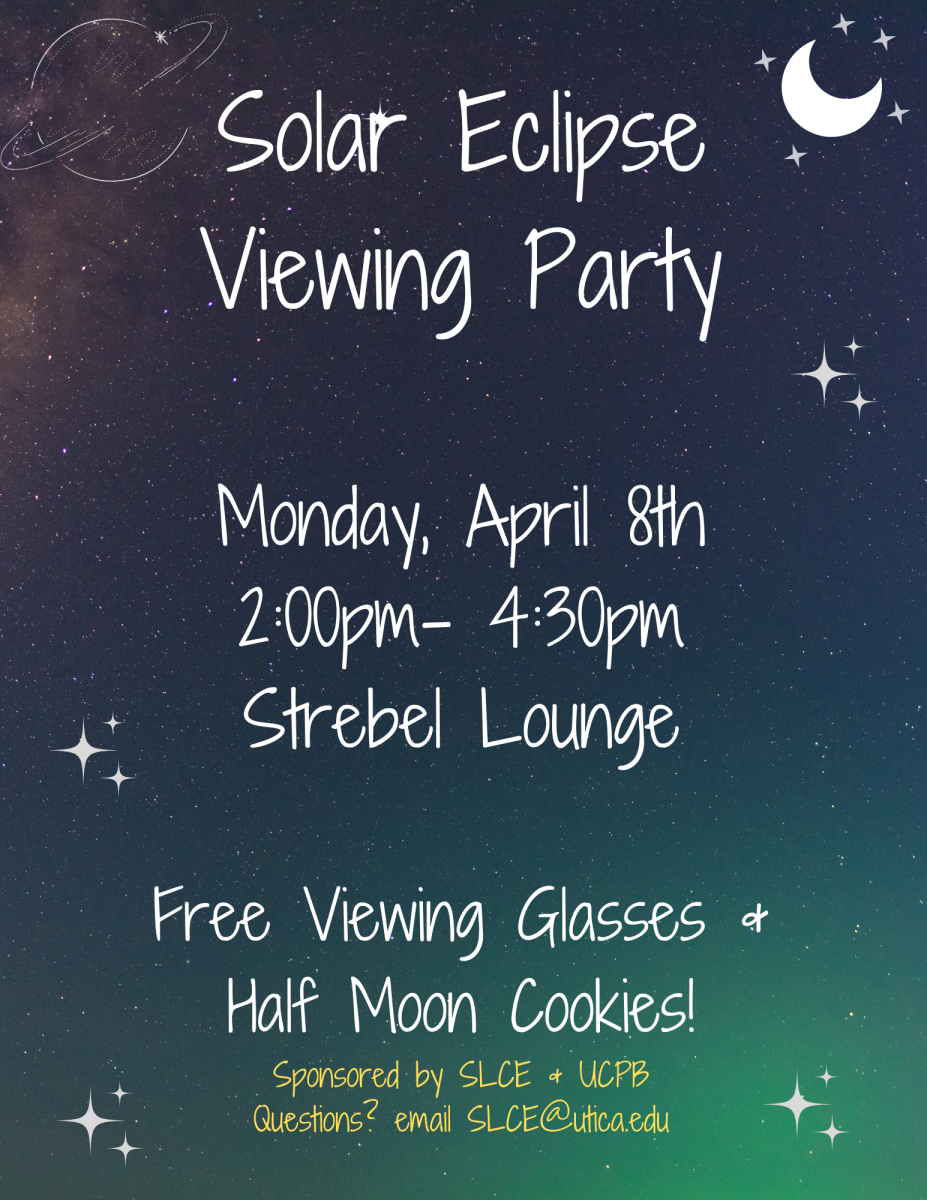
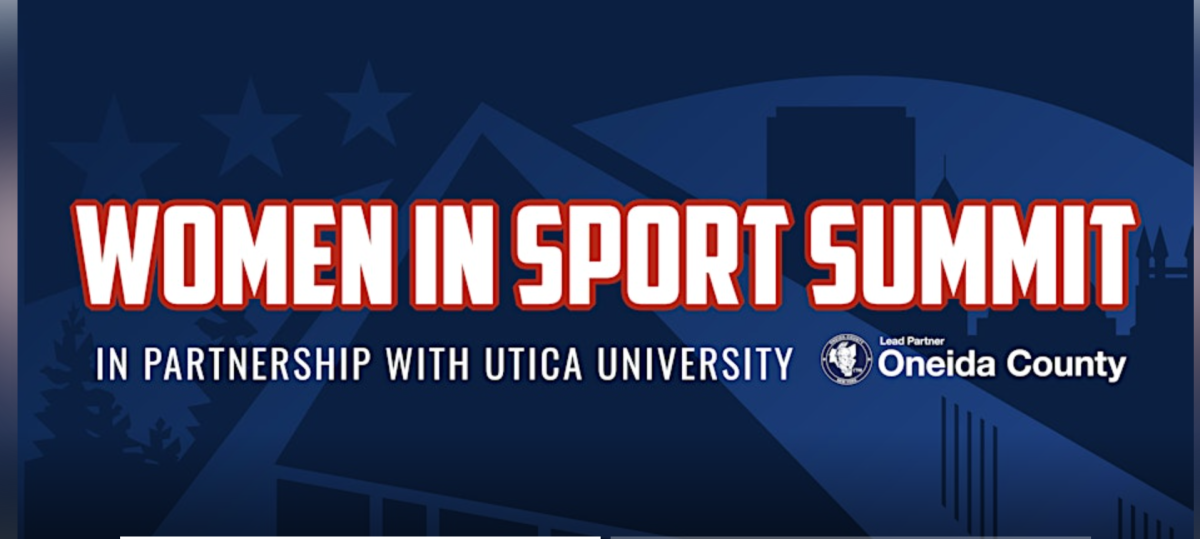

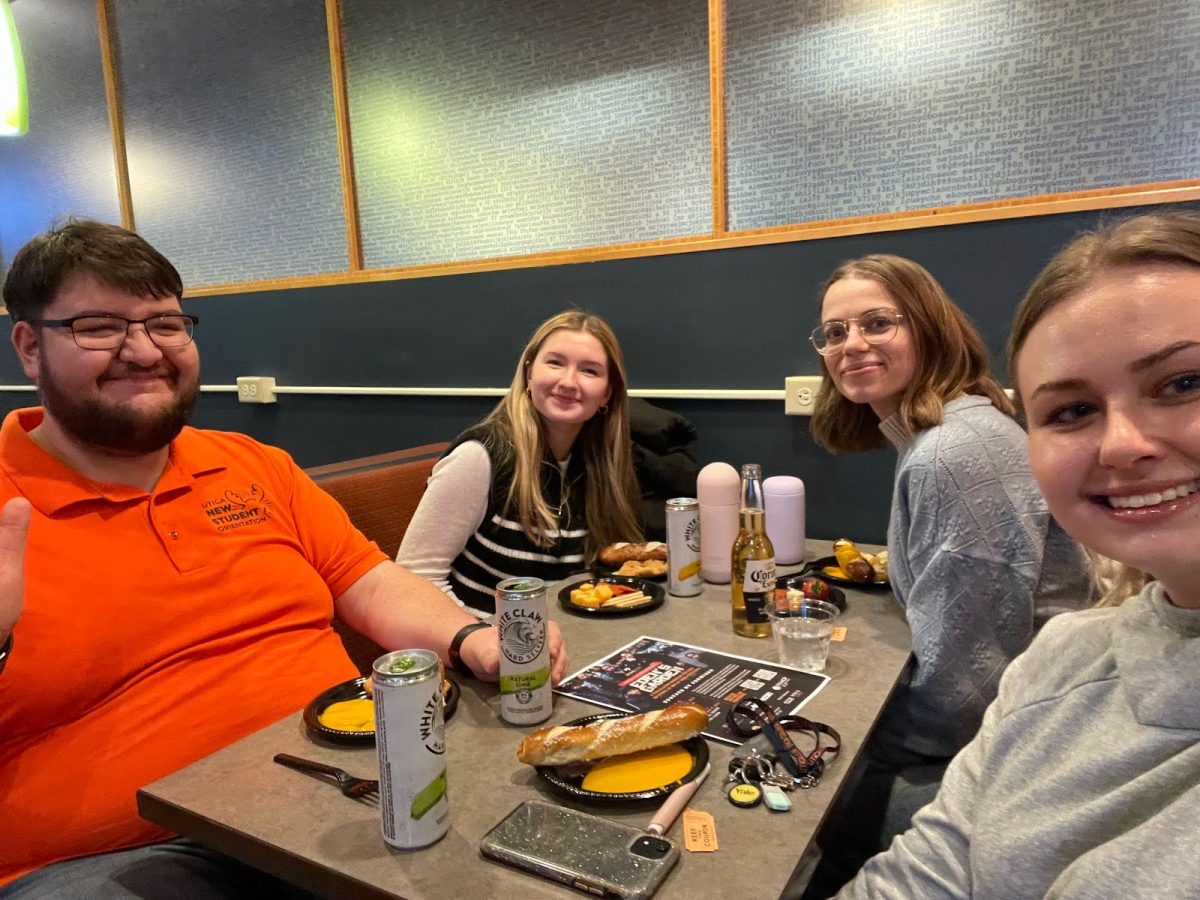
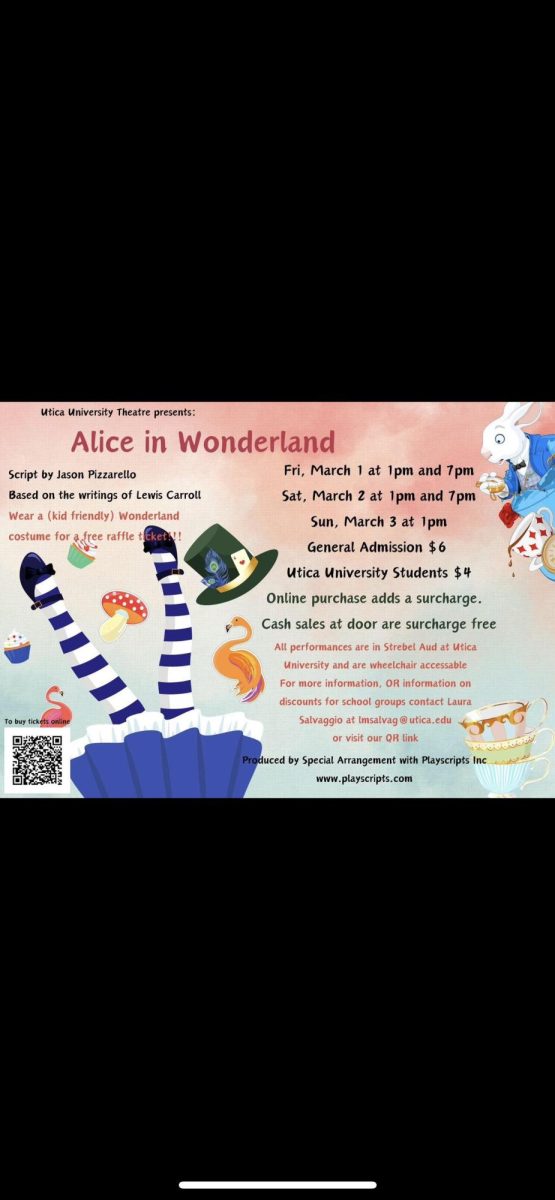









![President Todd Pfannestiel poses with Jeremy Thurston chairperson Board of Trustees [left] and former chairperson Robert Brvenik [right] after accepting the universitys institutional charter.](https://uticatangerine.com/wp-content/uploads/2023/10/unnamed.jpeg)





